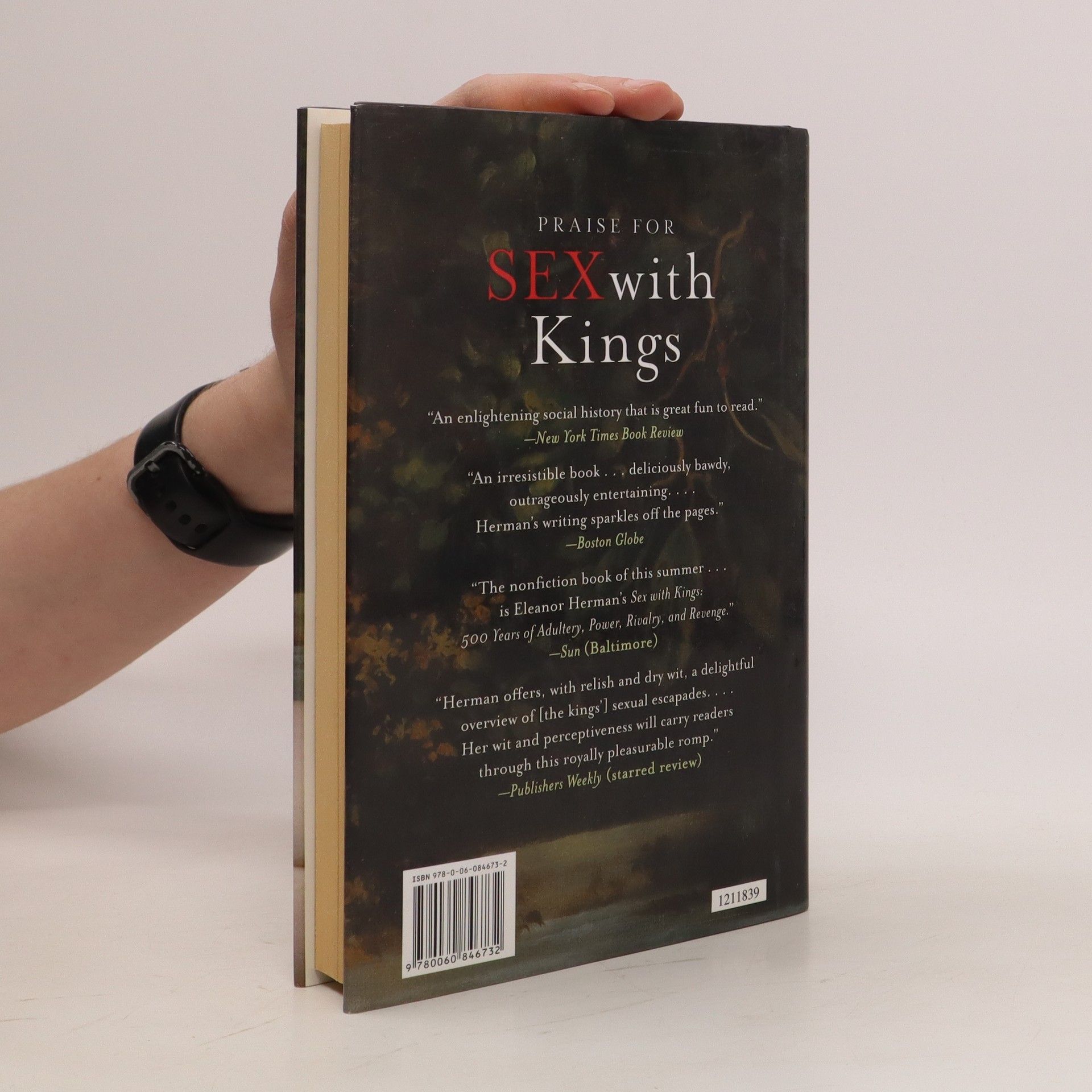Buchbewertung
Parameter
- 322 Seiten
- 12 Lesestunden
Mehr zum Buch
In this follow-up to her bestselling work, Eleanor Herman delves into the intriguing lives of queens, revealing the hidden truths behind their opulent exteriors. Through meticulous research, she uncovers the romantic entanglements and scandals that marked the reigns of some of history's most famous female rulers. While these queens lived in luxury, adorned in fine gowns and jewels, many were trapped in unhappy marriages to unsuitable husbands—ranging from sadistic to incompetent. To seek happiness, they often engaged in love affairs amidst a court filled with powerful men. Notable figures include Anne Boleyn, who flirted with courtiers, and Catherine Howard, who was executed alongside her. Catherine the Great took drastic measures against her husband to rule Russia with a series of young lovers, while Marie Antoinette found solace in her relationship with Axel Fersen during turbulent times. Empress Alexandra’s connection with Rasputin contributed to the upheaval of the Russian revolution, and Princess Diana’s numerous affairs ultimately led to her tragic demise. The consequences of these affairs varied widely, from disgrace to political power shifts, often influenced by the dynamics of power, wealth, and rivalry. Ultimately, it was the political implications of their actions—not just the romantic escapades—that determined the queens' fates, showcasing the complex interplay between love and politics in royal life.
Buchkauf
Sex with the Queen : 900 Years of Vile Kings, Virile Lovers, and Passionate Politics, Eleanor Herman
- Sprache
- Erscheinungsdatum
- 2006
- product-detail.submit-box.info.binding
- (Hardcover)
Hier könnte deine Bewertung stehen.



